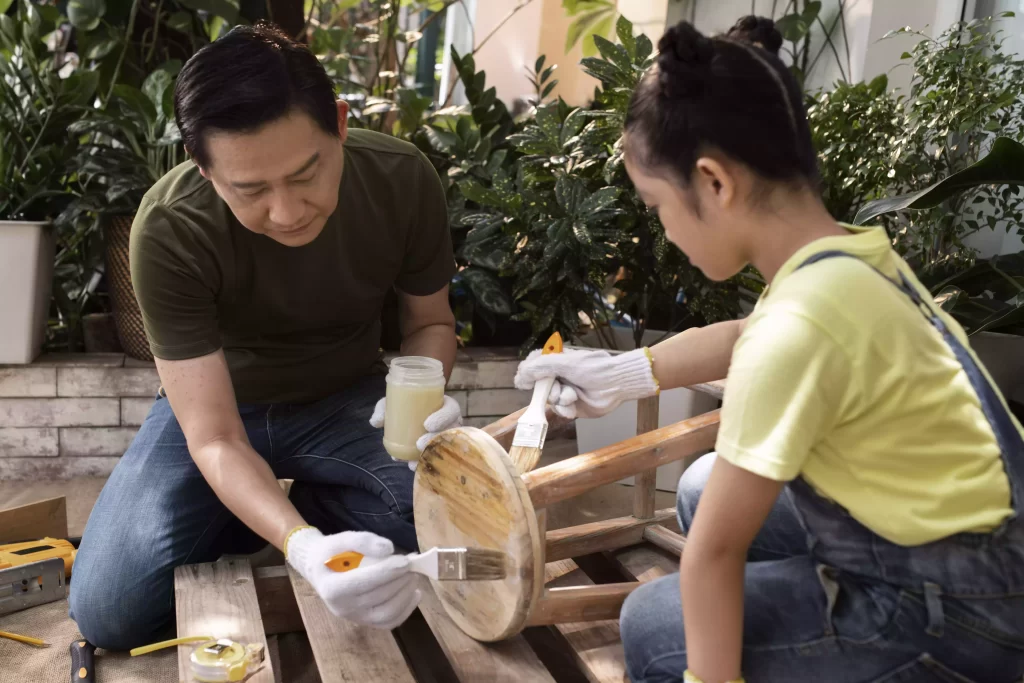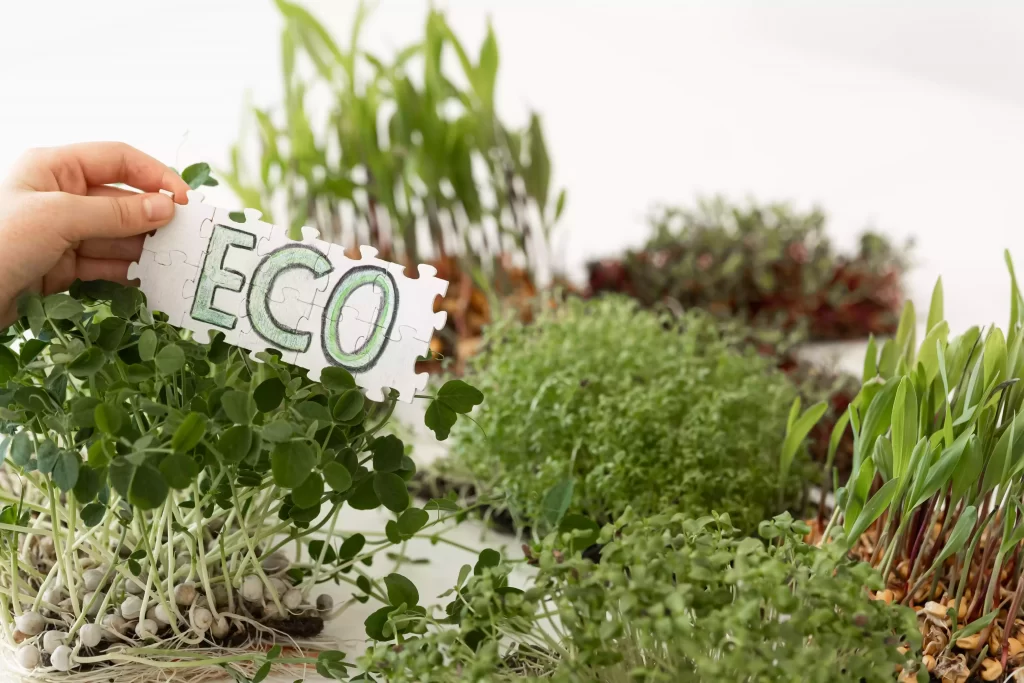Traditional Products

Traditional Products
Traditional products not only preserve cultural heritage but also support local economies and promote sustainable craftsmanship.
Significance of Traditional Products
Traditional products play a vital role in cultural, economic, and environmental aspects.

Preserving Culture and Local Wisdom
These products reflect the identity of communities and nations, such as pottery, handwoven fabrics, and handicrafts.

Supporting Local Economies
Traditional businesses create jobs, distribute income, and support small enterprises.

Eco-friendly Production
They often use natural materials and sustainable production methods compared to industrial manufacturing.
Traditional products connect heritage with sustainability, making them valuable in modern society.
Key Products in Traditional Industry
Traditional products can be categorized based on materials and applications:
Handicrafts
Woven baskets, pottery, silverware
Textiles & Clothing
Silk, handwoven cotton, traditional attire
Traditional Foods & Beverages
Tea, herbs, preserved foods
Furniture & Home Decor
Wooden furniture, carved decorations
Traditional Tools & Equipment
Plows, hoes, woven baskets
These products embody craftsmanship and cultural heritage while meeting practical needs.

Trends in Traditional Products
Despite their historical roots, traditional products are evolving to meet modern market demands.

Technology Integration
CNC, Laser Cutting, and AI enhance design and production quality.

Rising Demand for Sustainability
Consumers prioritize eco-friendly materials and production methods.

E-commerce and Digital Marketing
Online platforms like Etsy, Shopee, and Amazon expand market reach.

Modernized Designs
Traditional styles are adapted to contemporary lifestyles, such as wearable traditional clothing.
Traditional products are blending heritage with innovation to stay relevant in today’s world.
Other Industries
Exploring Innovative Solutions







